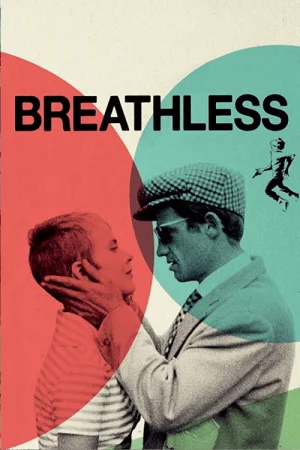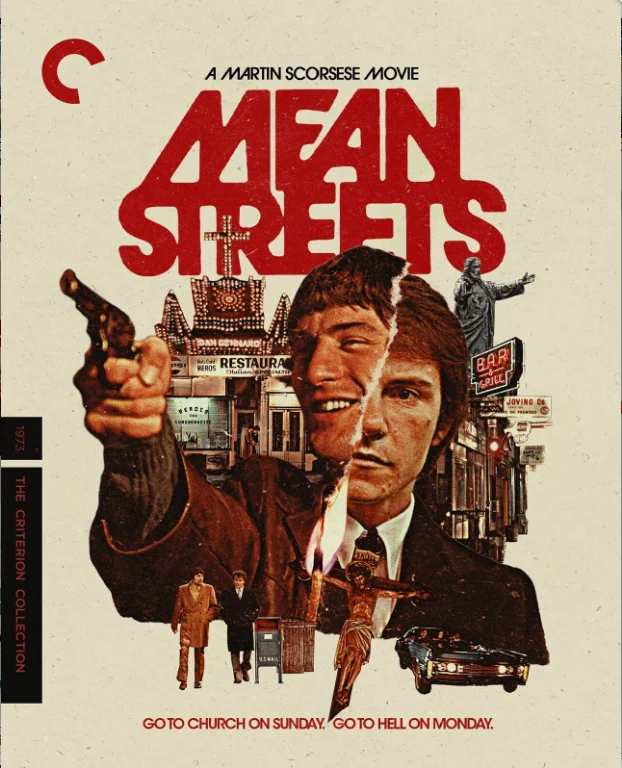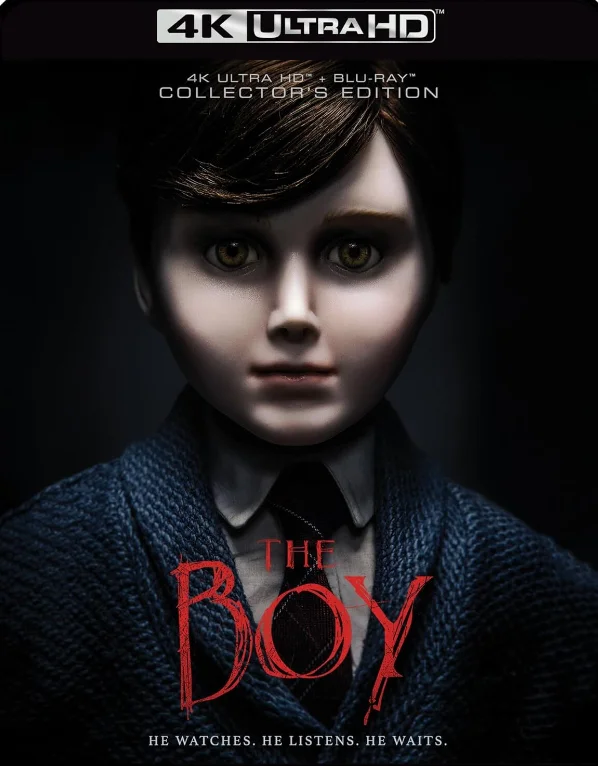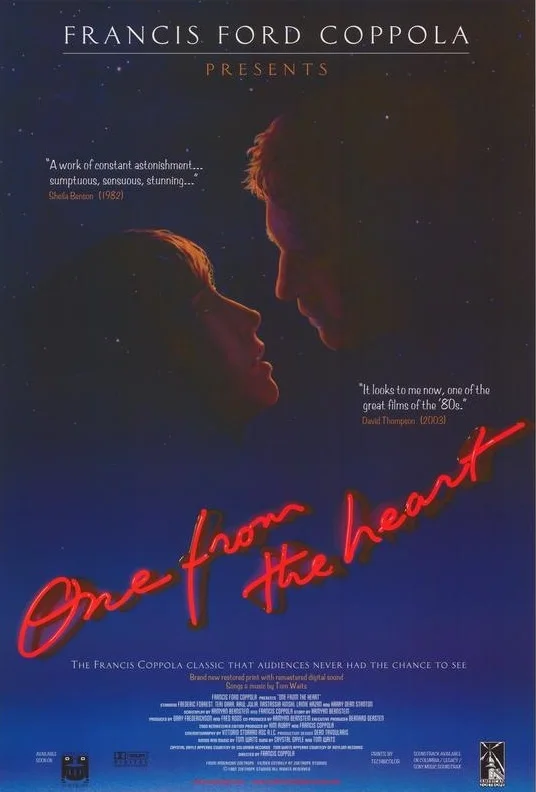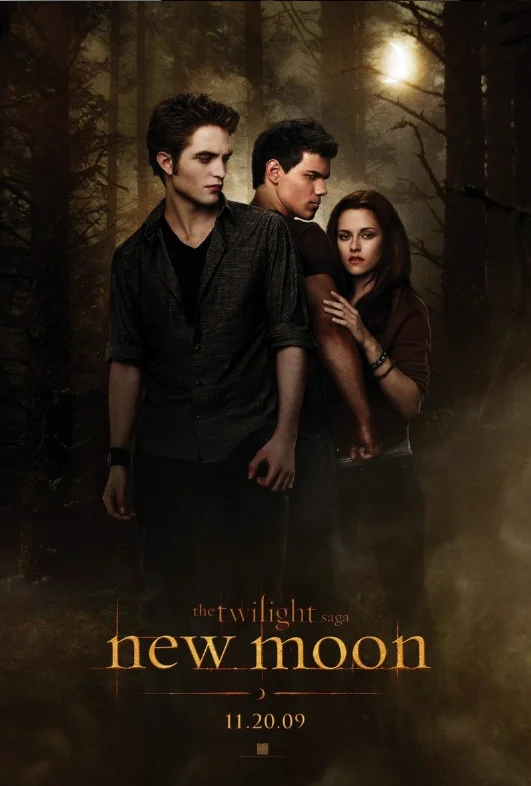Featured Movies
Paper Moon 4K 1973 Ultra HD 2160p
Сountry: USA
Cast: Ryan O'Neal, Tatum O'Neal, Madeline Kahn, John Hillerman, P.J. Johnson, Jessie Lee Fulton, James N. Harrell, Lila Waters, Noble Willingham, Bob Young, Jack Saunders, Jody Wilbur, Liz Ross, Yvonne Harrison, Ed Reed, Dorothy Price, Eleanor Bogart, Dorothy Forster
An adventurous tandem of casual hitchhikers are traveling through small towns in Kansas during the Great Depression, working small, almost innocent scams to make a living. He is a rogue con man named Moses who sells Bibles to lonely widows, gleaming with a fake gold tooth. She's a nine-year-old orphan girl with an uncanny penchant for adventure and virtually never parting with a cigarette.
User Review
Peter Bogdanovich, like other important names of the “New Hollywood” (like Francis Ford Coppola, William Friedkin, Brian De Palma, Martin Scorsese and others) presented a radically different view of the already established laws of American cinema and dramaturgy. Like other directors, after the repeal of the so-called “Hayes Code,” he began to explore those taboo subjects that had previously been tightly controlled by American censorship. In particular, examining American hot-button topics through historical context.
“Paper Moon,” for example, and was one of the movies that was only a shell of ”Old Hollywood.” The sweet story of a father-daughter relationship seems made for an unpretentious musical ala “Oliver!” made five years earlier. Even the primary basis was a book the author categorized as “children's.” But Bogdanovich has, so to speak, slightly modified the age-old trope of father-daughter relationships by adding a crucial historical context - the times of the Great Depression.
During years of rampant inflation, people often didn't have enough for trivial survival. Franklin Roosevelt had just become president and was still only feeding promises of a new branch of the American economy, so people scrimped as best they could. In particular, the cunning con man Moses Prey (played by Ryan O'Neal), sells fake Bibles and occasionally treads into the territory of the liquor trade (and these are also the days of Prohibition). He is suddenly joined by young orphan Eddie Poggins (played by Tatum O'Neal), who claims to be her father and wants her money and gradually learns the intricacies of the scam herself.
The director wanted the father-daughter dynamic to be as convincing as possible, and therefore considered actors with daughters for the role. In particular, the audition involved the legendary Paul Newman and his daughter. However, the choice fell on the less famous O'Neill. The reason was not only an Oscar nomination for “Love Story”, but also because Bogdanovich was blown away by Tatum's charisma. She was, the director claimed, perfect. Demonstrated as a childlike innocence, and inherent in those times maturity in children. And he was right. The choice was not rash, and young Tatum was noted by almost all film critics and film historians. At the age of 9, she became the youngest Oscar winner and significantly surpassed even her father, an established actor. Although the career did not go further and in adulthood, she was limited to a maximum of cameos in serials, the star Tatum in the 70-ies shone very brightly.
At the same time, despite the fact that Ryan and his daughter and in real life father and daughter, and their external resemblance is very noticeable, the movie did not give a definite answer about their kinship. The director obviously left it up to the viewer to decide for themselves. Personally, I'd say they're not related after all, not because there are more hints of it, but because from such a dramaturgical point of view it's justified, making the relationship more sincere and less dependent on commitment. But again, it's cool that the director gives the viewer variation and the ability to view the situation from two different angles. It gives the movie versatility.
Besides, that's not what's important. It's that in such difficult times for ordinary people, two different people who were initially forced to coexist found each other. Eddie is looking for a father figure, even if he doesn't talk about it, as a result of which he gets involved in Moses' illegal life. The one is initially not very happy about the new “partner”, but the more he cooperates with her, the less he doubts. Slowly but surely the heroes grow above themselves, become better, without descending to the moralizing of “cheating is bad”, because in the context of the Great Depression such a moral would be inappropriate.
But what the movie's moral is, appropriately enough, is that people who love each other don't always say the words “I love you.” After all, it would most likely go against their nature and show a vulnerability that shouldn't be shown in times where you could be in everyone's crosshairs. “Paper Moon” turns out to be much more sincere and kind, despite the smoking six-year-old and the constant deceptions, mostly of old people. After all, the main thing on the agenda is to be able to carve out the best possible living conditions for themselves, which seems much more believable than vanilla-pristine father-daughter love.
The ending logically loops the events. Eddie again tells Moses that he owes her $200, just as he did at the beginning. But now those words include a confession that she no longer wants to live with anyone else but him. Yes, he's a crook, but now she's mired in a dishonest life as well. And if before there was purely mercantilism in the words about money, now it seems that in this way the characters recognize that they are now bound and will exist further with this strange relationship of fathers and children. For without it their lives are bland and dull.
“Paper Moon” is rich in what other family films lack - sincerity. The movie is honest with the viewer, perfectly understands that he is real and therefore gives him the very, real. Even the same smoking does not interfere (for the sake of justice, at that time they were not very careful about it, and therefore gave a rating of 6+), even on the contrary, emphasizes the desire to speak honestly. This is exactly what Bogdanovich did to bribe the viewer.
Resolution: Native 4K (2160p)
HDR: Dolby Vision, HDR10
Aspect ratio: 1.67:1
Original aspect ratio: 1.85:1
#English: FLAC 2.0 (Commentary by director Peter Bogdanovich)
User Review
Peter Bogdanovich, like other important names of the “New Hollywood” (like Francis Ford Coppola, William Friedkin, Brian De Palma, Martin Scorsese and others) presented a radically different view of the already established laws of American cinema and dramaturgy. Like other directors, after the repeal of the so-called “Hayes Code,” he began to explore those taboo subjects that had previously been tightly controlled by American censorship. In particular, examining American hot-button topics through historical context.
“Paper Moon,” for example, and was one of the movies that was only a shell of ”Old Hollywood.” The sweet story of a father-daughter relationship seems made for an unpretentious musical ala “Oliver!” made five years earlier. Even the primary basis was a book the author categorized as “children's.” But Bogdanovich has, so to speak, slightly modified the age-old trope of father-daughter relationships by adding a crucial historical context - the times of the Great Depression.
During years of rampant inflation, people often didn't have enough for trivial survival. Franklin Roosevelt had just become president and was still only feeding promises of a new branch of the American economy, so people scrimped as best they could. In particular, the cunning con man Moses Prey (played by Ryan O'Neal), sells fake Bibles and occasionally treads into the territory of the liquor trade (and these are also the days of Prohibition). He is suddenly joined by young orphan Eddie Poggins (played by Tatum O'Neal), who claims to be her father and wants her money and gradually learns the intricacies of the scam herself.
The director wanted the father-daughter dynamic to be as convincing as possible, and therefore considered actors with daughters for the role. In particular, the audition involved the legendary Paul Newman and his daughter. However, the choice fell on the less famous O'Neill. The reason was not only an Oscar nomination for “Love Story”, but also because Bogdanovich was blown away by Tatum's charisma. She was, the director claimed, perfect. Demonstrated as a childlike innocence, and inherent in those times maturity in children. And he was right. The choice was not rash, and young Tatum was noted by almost all film critics and film historians. At the age of 9, she became the youngest Oscar winner and significantly surpassed even her father, an established actor. Although the career did not go further and in adulthood, she was limited to a maximum of cameos in serials, the star Tatum in the 70-ies shone very brightly.
At the same time, despite the fact that Ryan and his daughter and in real life father and daughter, and their external resemblance is very noticeable, the movie did not give a definite answer about their kinship. The director obviously left it up to the viewer to decide for themselves. Personally, I'd say they're not related after all, not because there are more hints of it, but because from such a dramaturgical point of view it's justified, making the relationship more sincere and less dependent on commitment. But again, it's cool that the director gives the viewer variation and the ability to view the situation from two different angles. It gives the movie versatility.
Besides, that's not what's important. It's that in such difficult times for ordinary people, two different people who were initially forced to coexist found each other. Eddie is looking for a father figure, even if he doesn't talk about it, as a result of which he gets involved in Moses' illegal life. The one is initially not very happy about the new “partner”, but the more he cooperates with her, the less he doubts. Slowly but surely the heroes grow above themselves, become better, without descending to the moralizing of “cheating is bad”, because in the context of the Great Depression such a moral would be inappropriate.
But what the movie's moral is, appropriately enough, is that people who love each other don't always say the words “I love you.” After all, it would most likely go against their nature and show a vulnerability that shouldn't be shown in times where you could be in everyone's crosshairs. “Paper Moon” turns out to be much more sincere and kind, despite the smoking six-year-old and the constant deceptions, mostly of old people. After all, the main thing on the agenda is to be able to carve out the best possible living conditions for themselves, which seems much more believable than vanilla-pristine father-daughter love.
The ending logically loops the events. Eddie again tells Moses that he owes her $200, just as he did at the beginning. But now those words include a confession that she no longer wants to live with anyone else but him. Yes, he's a crook, but now she's mired in a dishonest life as well. And if before there was purely mercantilism in the words about money, now it seems that in this way the characters recognize that they are now bound and will exist further with this strange relationship of fathers and children. For without it their lives are bland and dull.
“Paper Moon” is rich in what other family films lack - sincerity. The movie is honest with the viewer, perfectly understands that he is real and therefore gives him the very, real. Even the same smoking does not interfere (for the sake of justice, at that time they were not very careful about it, and therefore gave a rating of 6+), even on the contrary, emphasizes the desire to speak honestly. This is exactly what Bogdanovich did to bribe the viewer.
Info Video
Codec: HEVC / H.265 (95.3 Mb/s)Resolution: Native 4K (2160p)
HDR: Dolby Vision, HDR10
Aspect ratio: 1.67:1
Original aspect ratio: 1.85:1
Info Audio
#English: FLAC 1.0#English: FLAC 2.0 (Commentary by director Peter Bogdanovich)
Info Subtitles
English SDH, Arabic, Bulgarian, Chinese (Traditional), Croatian, Czech, Danish, Dutch, Finnish, French, German, Greek, Hebrew, Hungarian, Icelandic, Italian, Korean, Norwegian, Polish, Portuguese (Brazilian), Portuguese (Iberian), Romanian, Serbian, Slovenian, Spanish (Latin American), Spanish (Castilian), Swedish, Thai, Turkish.File size: 69.13 GB

You have purchased premium on MoonDL or TakeFile. You will automatically be activated an additional 512 GB of traffic every 48 hours or up to 128 GB every 48 hours (Premium Moon).
Watch trailer of the movie Paper Moon 4K 1973 Ultra HD 2160p
Maybe You like:
Add comments
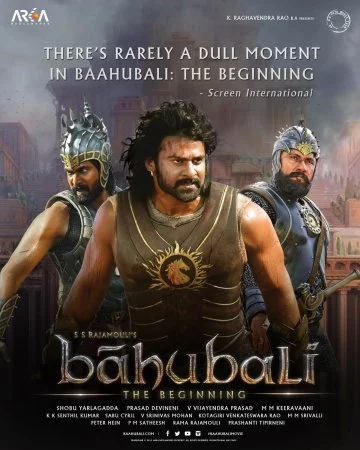
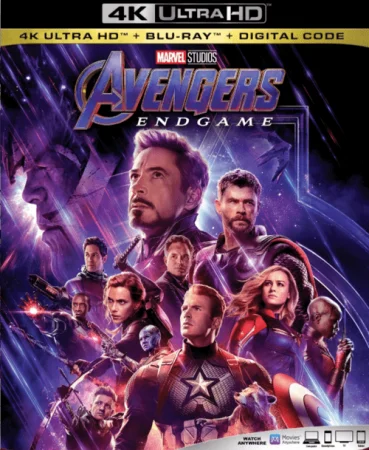
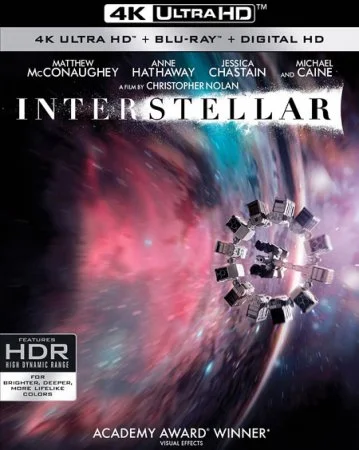
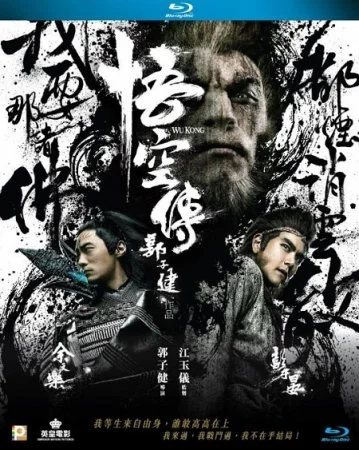
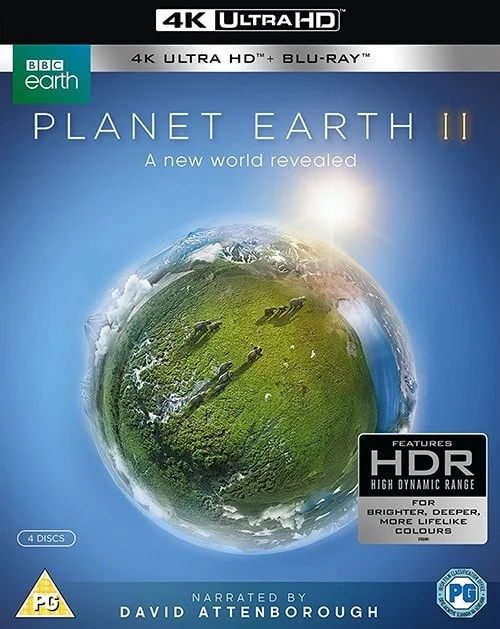
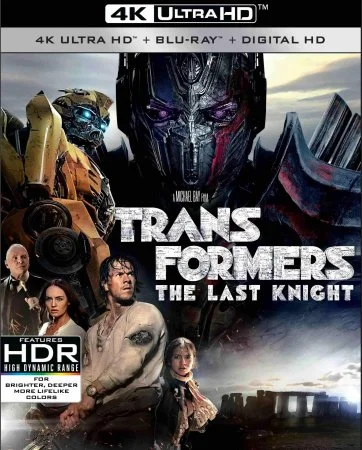
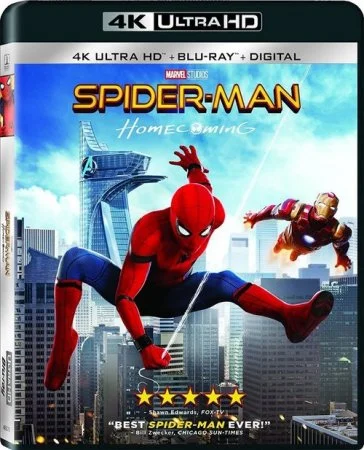
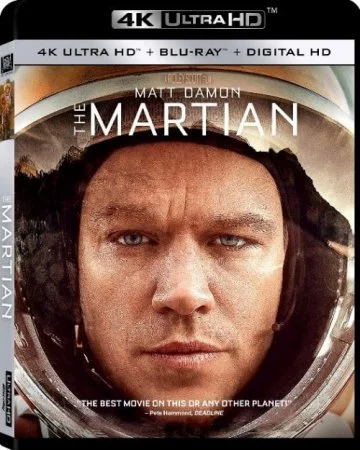
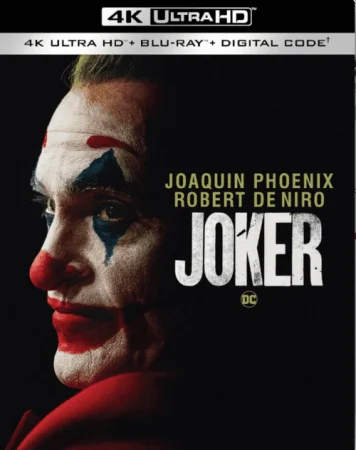
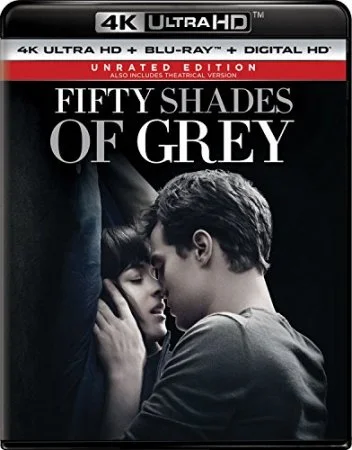
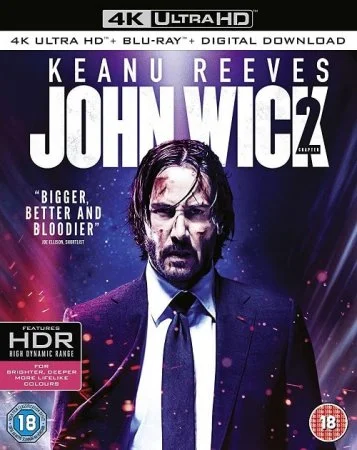

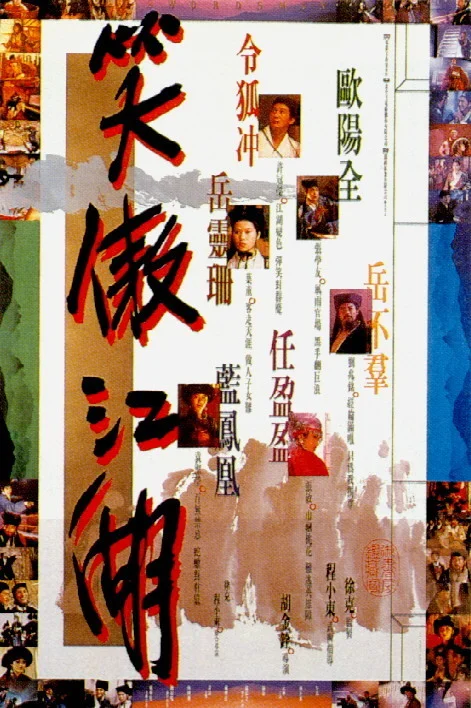
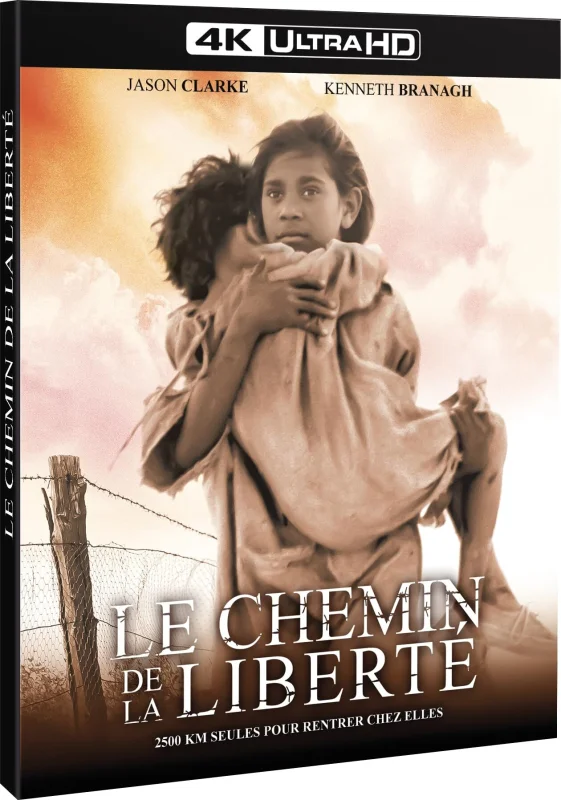
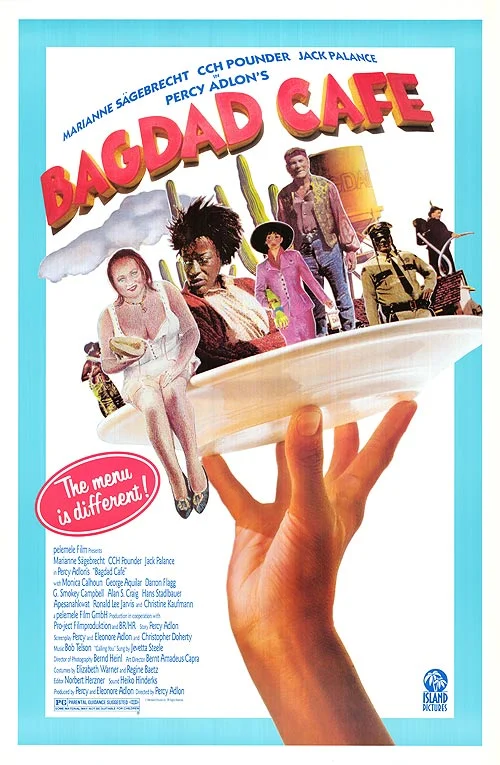
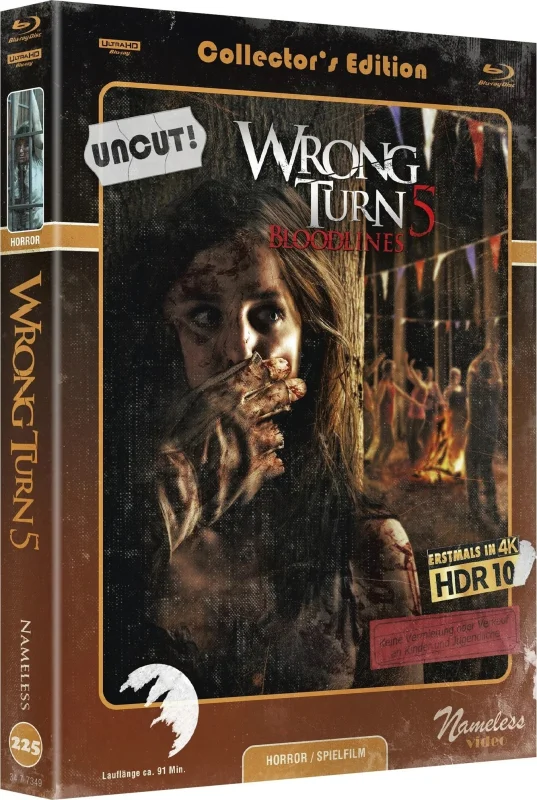
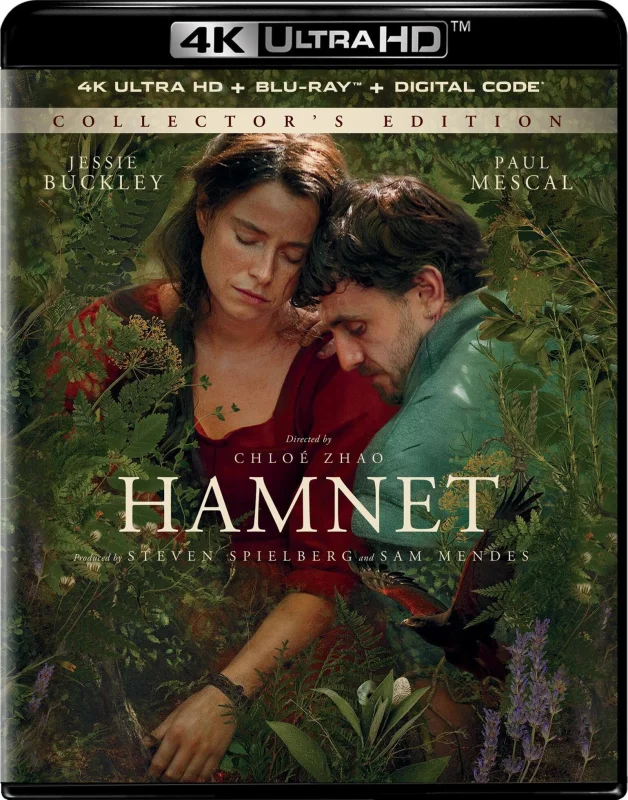
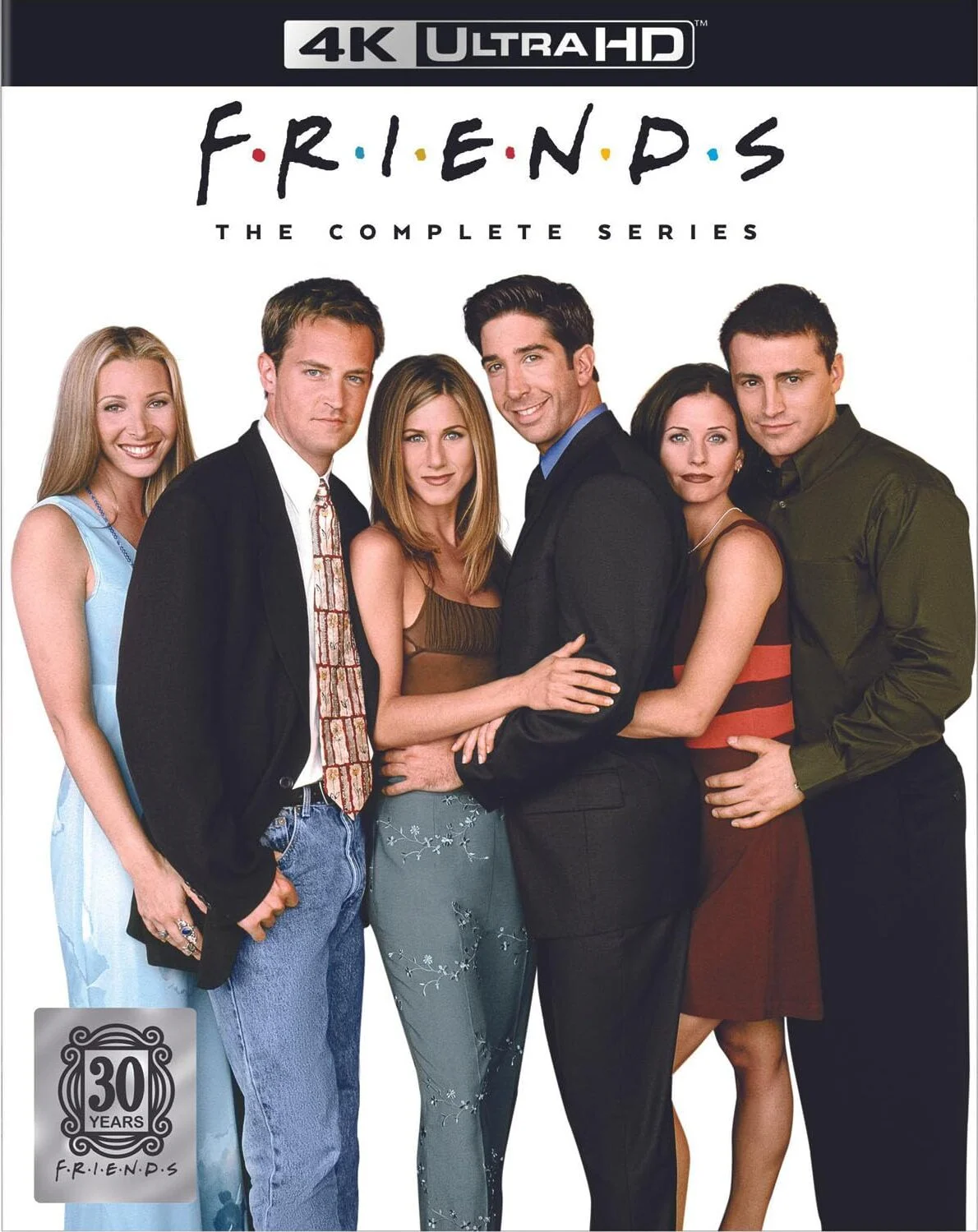
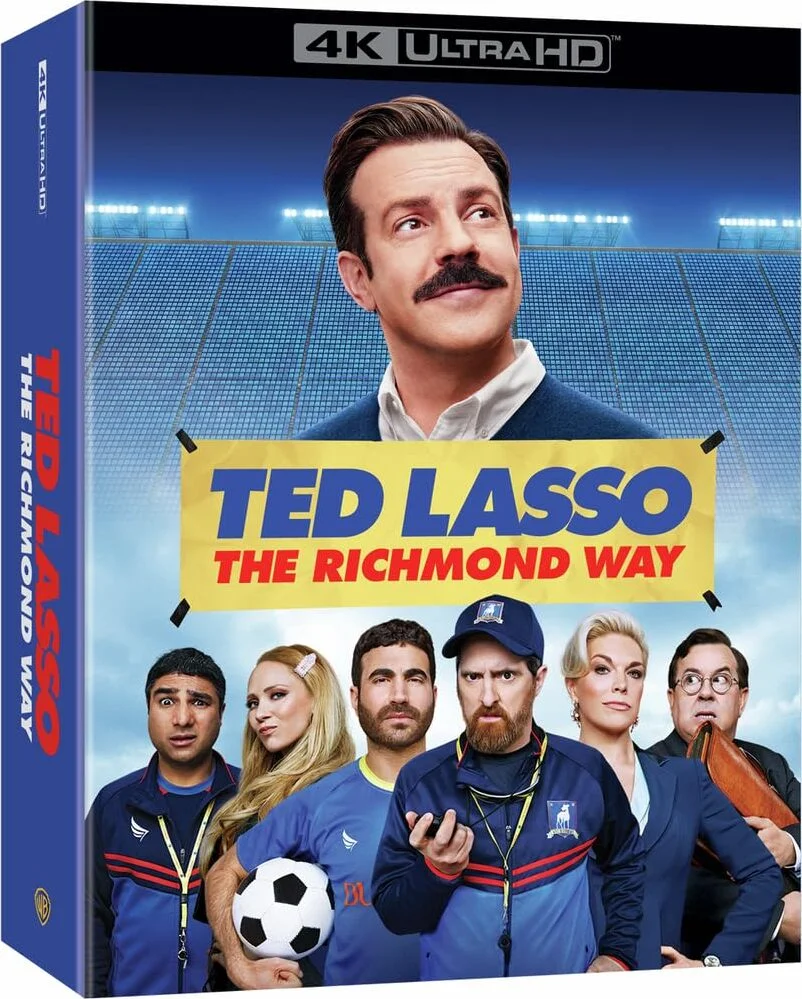


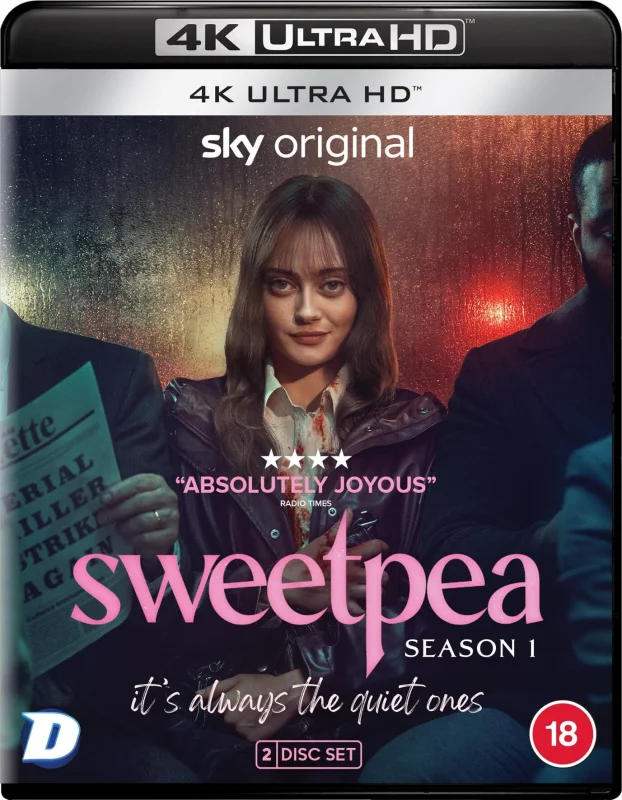
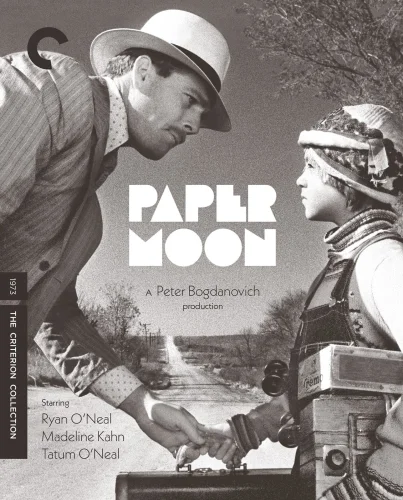
 Like
Like Don't Like
Don't Like